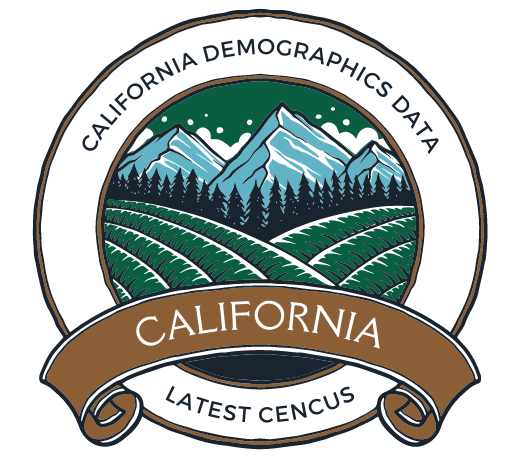Where is Roseville, CA: Nestled within the picturesque county of Placer County, California, lies the enchanting city of Roseville. Let us embark on a journey to explore the essence of this vibrant city, delving into its population and demographics to gain insights into the diverse array of people who call it home.
Population Overview: The city of Roseville boasts a total population of 151902, thriving within an area spanning 44.1 square miles. With a population density of 3,446.20 people per square mile, Roseville is a bustling urban centre where diversity and dynamism intersect. Among the 1,571 cities in the state of California, Roseville holds the 37 position based on its population, with cities Escondido having a population of 150656 and Pomona with a population of 148339 closely following.
Roseville Demographics by Race: One of the city’s proudest attributes is its celebration of diverse heritage, where various ethnicities and races coexist harmoniously. The demographic breakdown reveals a beautiful mosaic of cultures and identities:
White residents comprise 63% of the population.
Black residents contribute 2%† to the city’s vibrant fabric.
Native Americans enrich the community with 0%† representation.
Asian residents, comprising 12%†, add to the city’s rich cultural tapestry.
Pacific Islanders and individuals of other backgrounds together account for 0%† and 1%†, respectively.
The unity of two or more races is celebrated at 8%†.
The Hispanic community, encompassing 15%†, adds a delightful Hispanic flair to the city.
Age Diversity and Median Age: A glance at the city’s age distribution showcases a broad spectrum of generations contributing to its dynamism:
The median age of Roseville is 39, indicating a balanced mix of young and older residents.
The city exudes youthful energy, with 13%† falling within the 0-9 age group and 13%† in the 10-19 age range.
The 20-29 age bracket embraces the ambitious and enthusiastic minds of 12%†.
Those in the prime of their careers, aged 30-39, form 14%† of the population.
Contributing to the city’s wisdom and experience, residents aged 40-49 and 50-59 account for 13%† and 14%†, respectively.
The city cherishes its seniors, with 10%† within the age group 60 to 69, 7%† within the age range 70 to 79, and those aged 80 and above constituting 5%† of the population.
Economic Profile: The economic landscape of Roseville reveals both stability and growth, with diverse income groups:
The per capita income of $49,304 signifies abundant economic opportunities available to residents.
The median income of Roseville is $1,07,714, which portrays a stable and balanced financial outlook, with Roseville households earning just above the average income of Buellton households ($1,07,614) and Kenwood households ($1,07,533).
22%† of residents earn below $50,000 annually, while 23%† fall within the $50,000 to $100,000 income bracket.
36%† enjoy an income range of $100,000 to $200,000, while 19%† belong to the higher income group with annual earning above $200,000.
The city’s poverty rate stands at 5.80%, highlighting efforts to uplift the community.
Education and Aspirations: Education is highly valued in Roseville, fostering a community of lifelong learners and aspirational minds:
95.40% of residents have completed high school or obtained higher qualifications.
44.70% have achieved a bachelor’s degree or higher, reflecting a focus on personal and intellectual growth.
Other Notable Data Points: Beyond population and demographics, Roseville also stands out in other aspects:
57,569 households form the backbone of Roseville, nurturing a sense of belonging and unity.
A strong commitment to family and relationships is evident, with 58% of residents being married.
The city’s male population constitutes 52% of the total residents, ensuring a balanced gender representation in the community.
In conclusion, Roseville, California, is an extraordinary city that thrives on diversity, inclusivity, and growth. Its unique blend of people, cultures, and opportunities offers an inspiring canvas for all who seek to be part of its story.
(Note: + indicates estimated data points.)
